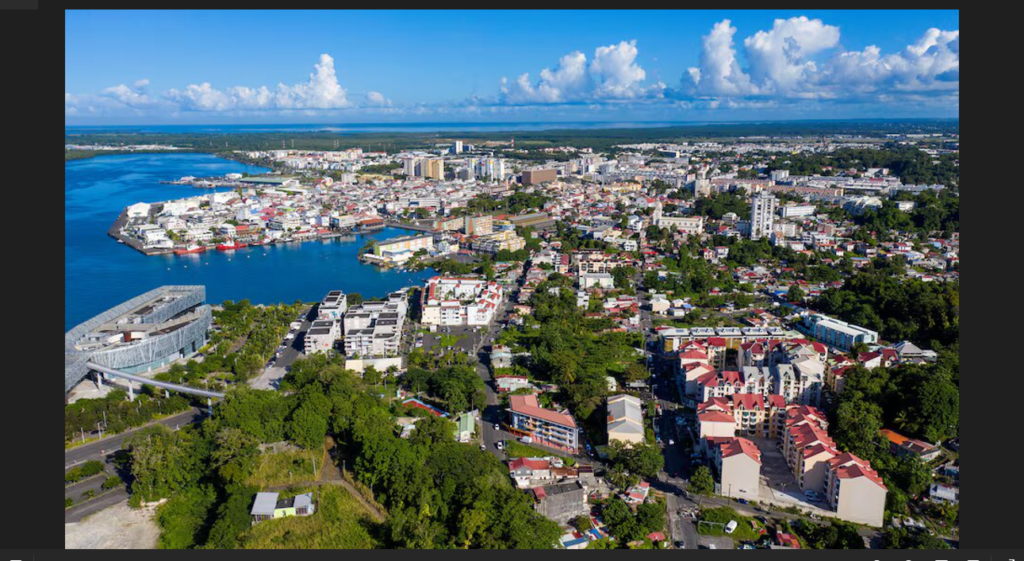BASSE-TERRE — The International Federation for Human Rights (FIDH) said this week it has filed a collective complaint to a European rights body to demand that France urgently ensures access to drinking water in its Caribbean territory of Guadeloupe.
The island territory has long faced water shortages, which right groups associate to poor infrastructure and contamination from a toxic pesticide that was for decades used on banana plantations across the region.
“France cannot continue to ignore the recurring problems of the Antilles, they have lasted too long,” FIDH’s Western Europe head Elena Crespi said in a statement. “It must recognize that the European Social Charter applies to all its territories.”
Unrest surged during the coronavirus pandemic as residents expressed mistrust in the government’s handling of health crises.
Founded in 1922, FIDH brings together some 188 member groups and is funded by various international bodies and national embassies.
FIDH said it filed the complaint alongside two other rights groups to the European Committee on Social Rights, an arm of the Council of Europe which seeks to uphold social and economic rights.
Separately on Thursday, Guadeloupe’s SMGEAG water management and sanitation syndicate said many communes were suffering from water shortages, notably across the south-eastern parts of the island, citing “malicious acts and shortages due to drought.”
Earlier in March, local authorities said they were cancelling over 13 million euros ($14 million) in water bills for some south-western residents, and had scrapped close to 30 million euros in this area since 2020.
FIDH attributed the shortages to widespread leaks, poor sanitation and pollution from the chlordecone pesticide, which was banned in the 1990s due to its toxicity, and can cause convulsions, nerve degradations and higher risks of cancer.
Guadeloupe and the neighboring French territory of Martinique have among the world’s highest prostate cancer rates, according to a 2022 study funded by Public Health France and the country’s National Cancer Institute, and over twice the mortality rates registered in mainland France.
France in 2021 officially decreed prostate cancer a “professional illness” caused by pesticides such as chlordecone.
Reporting by Sarah Morland; Editing by Aurora Ellis
Our Standards: The Thomson Reuters Trust Principles

